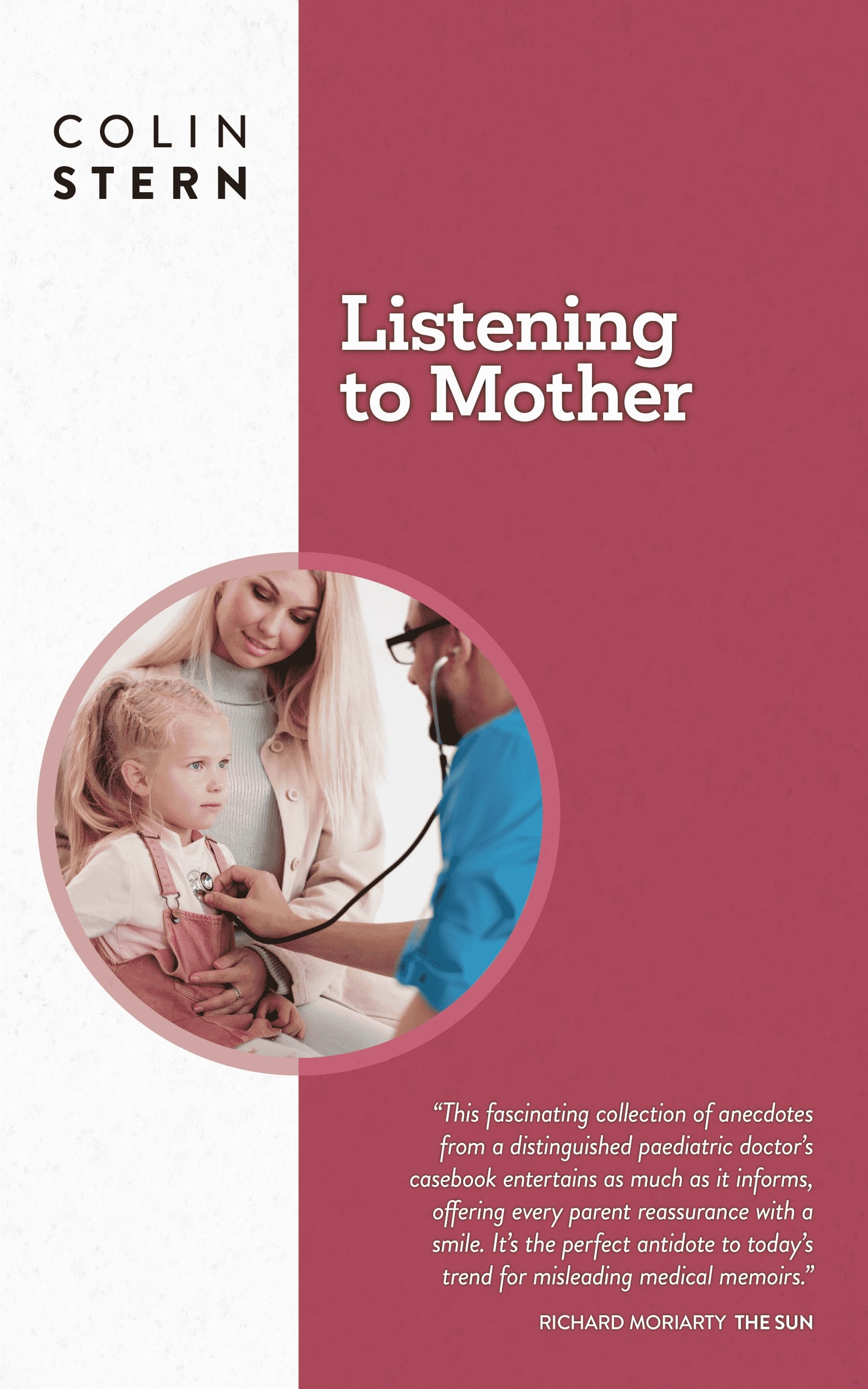Just What the Doctor Authored: Medical Memoirs ‘Harming Public Health’

Doctors who publish sensationalised medical memoirs are harming the public’s health, a former clinical director has warned.
Dr Colin Stern, who was one of the country’s leading paediatricians for more than 40 years, said ‘warts ‘n all’ autobiographies that focus almost exclusively on the failings of the NHS are directly contributing to a “climate of fear”.
Books that purposefully dramatise incompetence within the health service are causing needless anxiety and distress, and are dissuading the public from seeing their GPs or receiving the hospital treatment they need, he said.
Whilst the NHS should always be open to scrutiny, memoirs that set out to unfairly attack it are “injurious” to patients’ health.
Physicians should “examine their own conscience” before writing so-called ‘medimoirs’ for entertainment purposes or financial gain, he added.
Dr Stern is the former Clinical Director of Paediatrics at St Thomas’ Hospital and the Postgraduate Dean at Guys & St Thomas’ Hospital, and a Fellow of the Royal Society of Medicine and the one-time President of its Paediatric section as well as former Chair of its Academic Board.
Writing in The European magazine Dr Stern, 82, whose medical career spanned more than four decades until his retirement, said: “Medical failings ought to be exposed to both the profession and the public. That’s how medical care improves.

“But while some medical memoirs offer a balanced picture, others use the drama and dark humour of medical failings to create a book which, while immensely entertaining, paints a picture of a dysfunctional health service, provided by careless, ignorant and incompetent medical staff.
“All doctors know that they should ‘do no harm’ and do their best to follow that principle. In that light, they should examine their own conscience before writing sensationalised medimoirs.
“Criticism is healthy, but when criticism becomes calumny, it can be injurious.”
Dr Stern’s comments come at a time when the public’s trust in the NHS is plummeting.
According to a recent study by the UK charity National Centre for Social Research, less than a quarter of Brits are now satisfied with how the health service operates, marking a 29 per cent drop since 2020.
Chronic issues including long waiting times, staffing shortages, and insufficient government funding are said to be contributing to the growing dissatisfaction.
But Dr Stern says that sensationalised medimoirs are also spurring a rising distrust of the NHS by “emphasising” failures over successes.
This, in turn, is creating a “vicious cycle” driven by declining public trust and deteriorating health outcomes.
Dr Stern, who has penned his own medical memoir, Listening to Mother, as an “antidote to negative medimoirs”, said: “The implications are serious. As people delay treatment because of theirs concern about the NHS, minor health issues can become severe.

“This, in turn, increases emergency room visits, leading to higher overall healthcare costs and demands that further strain an already fragile healthcare system.
“These issues are then grist to the mill for doctors writing sensational medimoirs, whose unbalanced accounts, emphasising failures over successes, lead to people becoming even more anxious about seeking medical help.”
“Medical care is all about turning distress into relief and those who try to provide it dedicate their lives to do so,” he added.
“As a firm believer in freedom of speech, I leave it entirely to physicians to reflect on the morality of penning a sensational medical memoir.
“But it has always seemed to me that former doctors who write books like this should have stayed in the NHS and done their best to provide medical care of a higher standard than we read about in their pages.”
ENDS
